According to the Federation, the data in the report clearly shows that weak demand in Asia and global overcapacity will continue to put pressure on international markets in 2026.
WV Stahl notes that although Worldsteel forecasts a modest 1.3% increase in global steel demand for 2026, this recovery is fragile. Demand for the current year is expected to remain stable at around 1.8 billion tons. Weak demand in China stands out as the biggest problem, and it is stated that this situation continues to negatively affect the balance in global markets.
The Federation emphasizes that the situation in Germany is particularly worrying. According to Worldsteel data, steel demand in Germany is expected to increase by 1.5% to 27 million tons in 2025. However, WV Stahl describes this increase as merely a “technical recovery.” Although hot-rolled steel products are forecast to grow by 4.6% in 2026, reaching a total demand of 28 million tons, it is noted that these levels will still not exceed those seen during the 2009 global financial crisis.
WV Stahl CEO Kerstin Maria Rippel emphasized that the current situation serves as a serious warning for the sector, stating:
“Figures from Worldsteel show that the toxic mix of weak demand in Asia and global overcapacity will continue to cause problems in 2026 and thus exert significant import pressure on the EU market.”
Rippel stated that the EU's share of steel imports has recently risen to 30% and that this situation has created a structural trade deficit throughout the entire value chain.
“This makes the EU Commission's signal for a highly effective, smart, and balanced protection tool in steel foreign trade even more important. We now expect the German government to advocate for the implementation of this tool, which is vital for our industry,” he said.
According to WV Stahl, steel demand in Germany remains low. The decline in production, particularly in key steel processing sectors such as automotive, machinery, and plant engineering, is having a negative impact on industry as a whole. Emphasizing that they expect concrete results from the upcoming steel summit, the Federation President said:
"Without short-term demand incentives, a recovery in local steel demand cannot be expected. The infrastructure and climate protection special fund is a ray of hope that could come into effect from 2027. To ensure the hoped-for economic recovery in the future and at the same time strengthen industrial value creation in the country, legal regulations need to be put in place immediately and investments need to focus on climate-friendly raw materials produced in Germany and the EU. The current revision of the public procurement law presents a significant opportunity that should not be missed.
WV Stahl also emphasized that ensuring internationally competitive electricity prices and discussing effective ways to protect against carbon leakage (the shift of CO₂-intensive production abroad) are of great importance at the upcoming steel summit.
Rippel concluded his statement with the following words:
“Germany's steel industry and ultimately its industrial infrastructure can only be put back on track with a decisive package of political measures.”


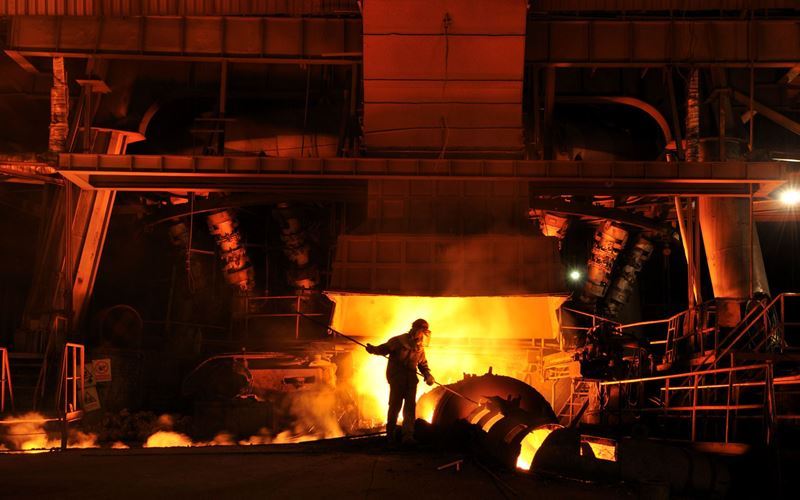

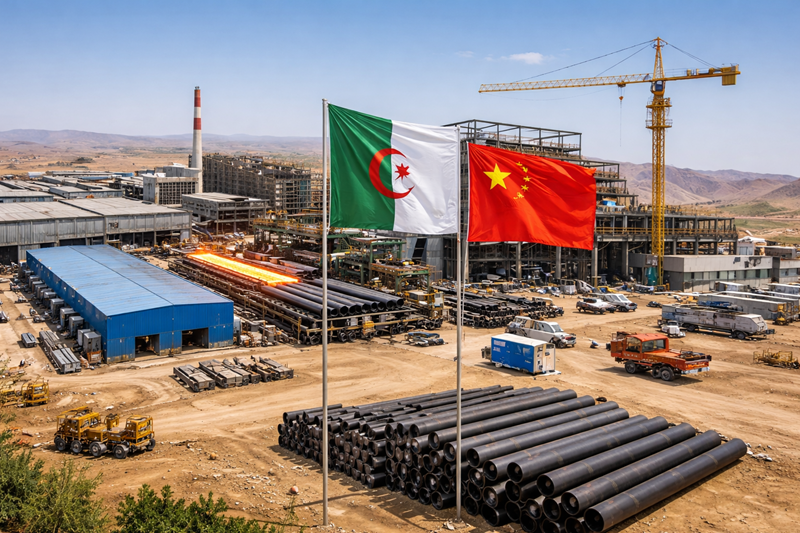
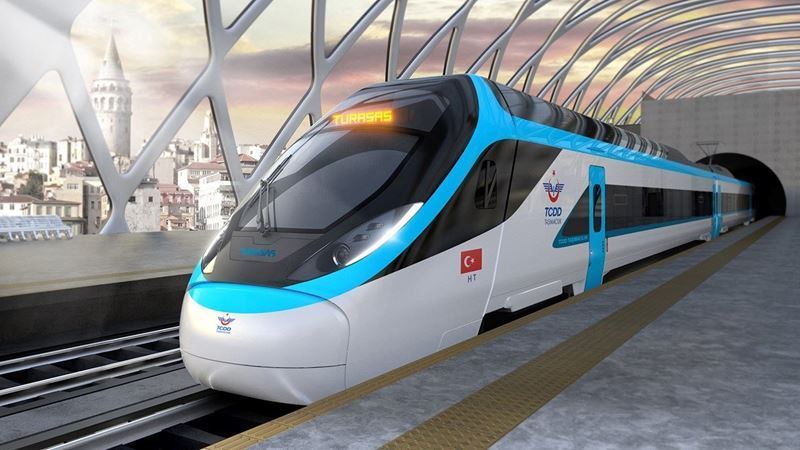
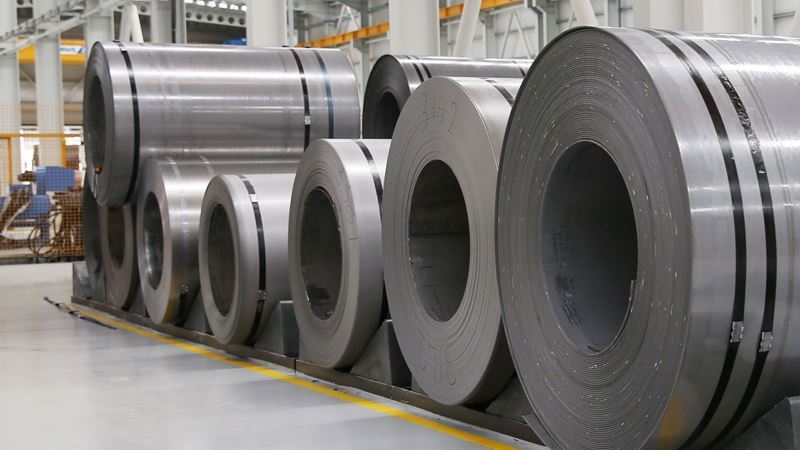
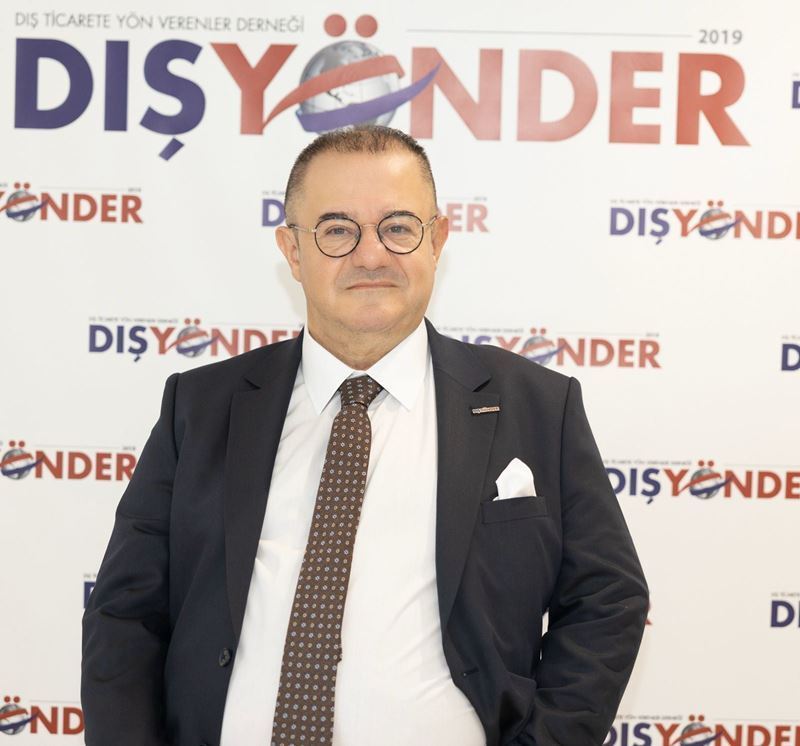
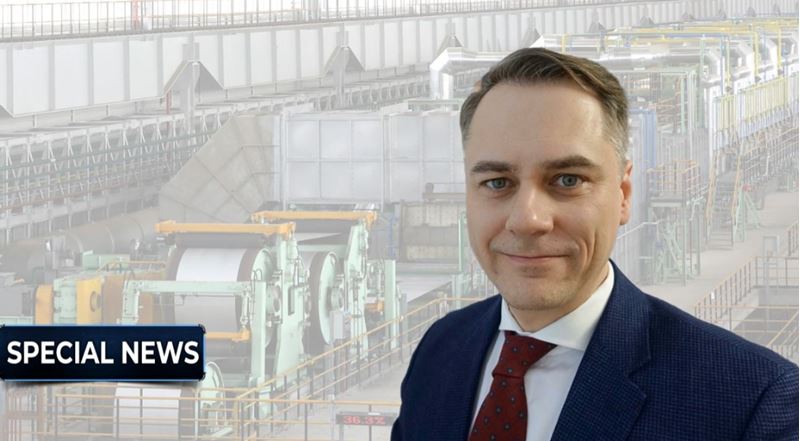


Comments
No comment yet.